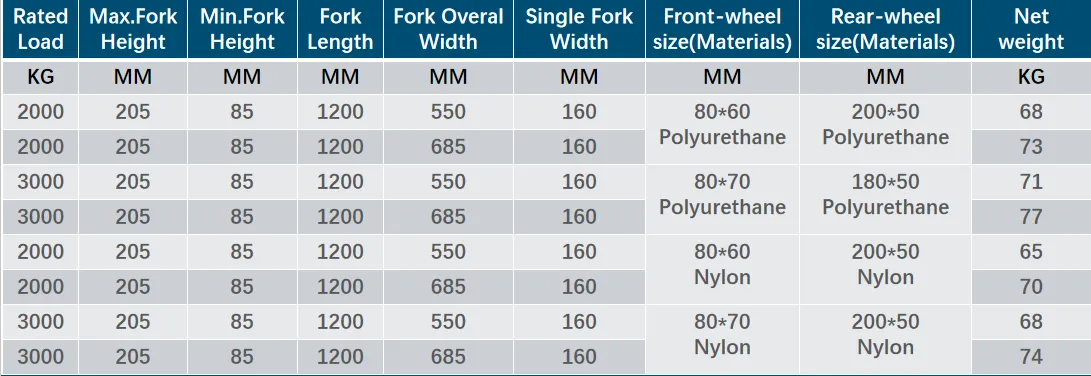Exploring the Benefits and Features of Heavy Machinery Rollers in Construction
Heavy Machinery Rollers Essential Equipment in Construction
Heavy machinery has revolutionized the construction industry, enabling large-scale projects to be completed in a fraction of the time it would take using manual labor alone. Among the most critical pieces of equipment in this sector are heavy machinery rollers. These machines play a vital role in preparing and maintaining the surfaces necessary for effective paving, grading, and compacting, ensuring a solid foundation for various construction projects.
What Are Heavy Machinery Rollers?
Heavy machinery rollers, commonly referred to simply as rollers, are specialized pieces of equipment designed to compact soil, asphalt, and other materials. They come in various forms, including vibratory rollers, static rollers, and pneumatic rollers, each serving unique purposes based on the material being compacted and the specific requirements of a project.
1. Vibratory Rollers use vibration to increase the efficiency of compaction. They are often employed for asphalt paving and can effectively compact a wide range of materials, making them versatile for various construction tasks. The vibration creates a dynamic force that helps to rearrange and densify particles, resulting in a smoother and more stable surface.
2. Static Rollers rely solely on their weight to achieve compaction. While they may not be as efficient as vibratory rollers, they are particularly effective for certain types of soil compaction and are often used in final passes where a smooth finish is required.
3. Pneumatic Rollers, equipped with tires, are designed to provide a different compaction technique. As they roll over the surface, they apply pressure through their weight and the flexibility of the tires, making them ideal for asphalt pavements that need a more flexible compaction approach.
Applications of Heavy Machinery Rollers
heavy machinery rollers

The applications of heavy machinery rollers in construction are extensive
. In road construction, for instance, rollers are crucial during the base preparation phase, ensuring that the subgrade and asphalt layer are adequately compacted to withstand heavy traffic loads. A well-compacted road reduces the risk of future cracks and structural failures, which can lead to costly repairs.In residential and commercial site preparation, rollers assist in compacting soil fill materials. Proper compaction prevents settling and provides stability for foundations, driveways, and parking lots. Furthermore, rollers are essential in the construction of embankments and dikes, where they help to achieve the necessary density and stability for these structures.
Importance of Proper Operation and Maintenance
While heavy machinery rollers are indispensable, their effectiveness is heavily dependent on proper operation and maintenance. Operators must be trained in the specific requirements of each roller type, understanding the optimal speed, frequency, and pressure settings to achieve the desired results without causing damage to the material being compacted.
Regular maintenance checks are also essential to prevent breakdowns and ensure safety. Hydraulic systems, tires, and other components need routine inspections to keep the machine in optimal condition.
Conclusion
In summary, heavy machinery rollers are an integral part of modern construction practices. They enhance efficiency, improve safety, and ensure the long-term viability of constructed surfaces. As construction projects continue to grow in complexity, the reliance on advanced machinery, including rollers, underscores the importance of technology in shaping our infrastructure. Ensuring that these machines are operated by skilled professionals and maintained diligently will enable the construction industry to meet the increasing demands of urban development while delivering high-quality results.
-
Unlock Seamless Relocation with Our Heavy Equipment Moving ExpertiseNewsJun.06,2025
-
Unleash Unrivaled Flexibility with Our Adjustable Gantry CraneNewsJun.06,2025
-
Unleash Heavy-Duty Efficiency with Our Industrial Gantry Crane SolutionsNewsJun.06,2025
-
Revolutionize Steel Handling with Our Magnetic Lifter RangeNewsJun.06,2025
-
Master Equipment Mobility with Premium Machinery Mover SolutionsNewsJun.06,2025
-
Elevate Your Material Handling with Magnetic Lifter TechnologyNewsJun.06,2025
-
YS Permanent Lifting Magnets: The Smarter Way to Handle SteelNewsMay.22,2025
